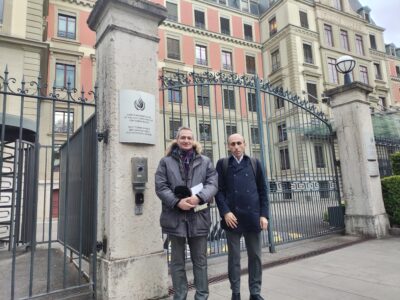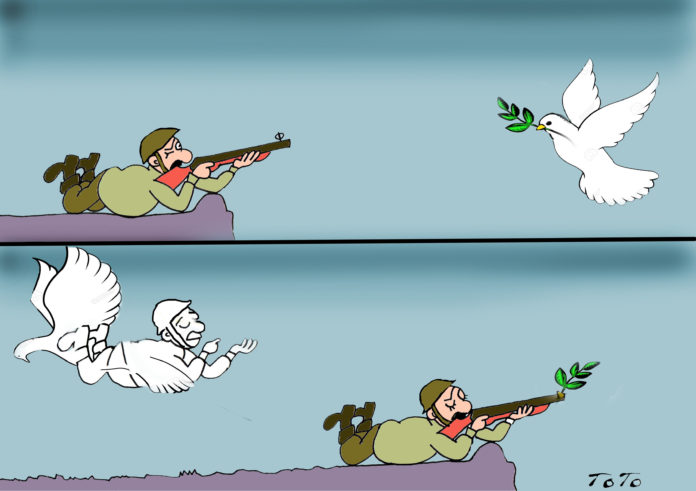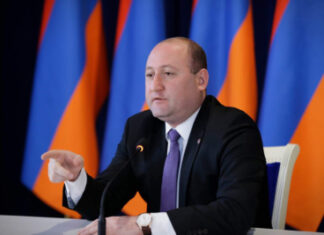In the aftermath of World War I, US President Woodrow Wilson was wearing the mantle of peacemaker. It was in that role that he proclaimed World War I was the war to end all wars. Unfortunately, subsequent events came to disprove him and made his prediction one mocked by history.
As one of the speakers during the recent commemoration ceremonies mentioned on November 11, that 222 conflicts are raging around the world currently, affecting the lives of one billion human beings.
As 84 heads of state gathered in Paris to mark the centennial of the armistice that officially ended World War I in 1918, on the eleventh’s month’s eleventh day at eleven a.m., certainly, the atrocities of the above-mentioned conflicts weighed heavily on their minds.
However, right there and then, the uneasy political currants were very visible, pulling apart the world powers aligned on one side with French President Emmanuel Macron and German Chancellor Angela Merkel who are advocating patriotism versus nationalism, and on the other, nationalism advocated by US President Donald Trump, Russian’s President Vladimir Putin and Turkey’s President Recep Tayyip Erdogan with a host of right-wing regimes currently taking office in Eastern Europe.
The speeches were stirring and the ceremonies were moving. Messages for a peaceful world were proclaimed from all quarters.
Many speakers cited different figures about the loss of human life during World War I. Figures mentioned ranged between 17 million to 20 million. We are not sure if these figures included the 1.5 Armenian martyrs. The war resulted in the demise of the Ottoman, Russian, German and Austro-Hungarian empires. Ironically, Armenians living in the warring Ottoman and Russian empires were drafted into opposing armies and as a consequence, suffered doubly.










